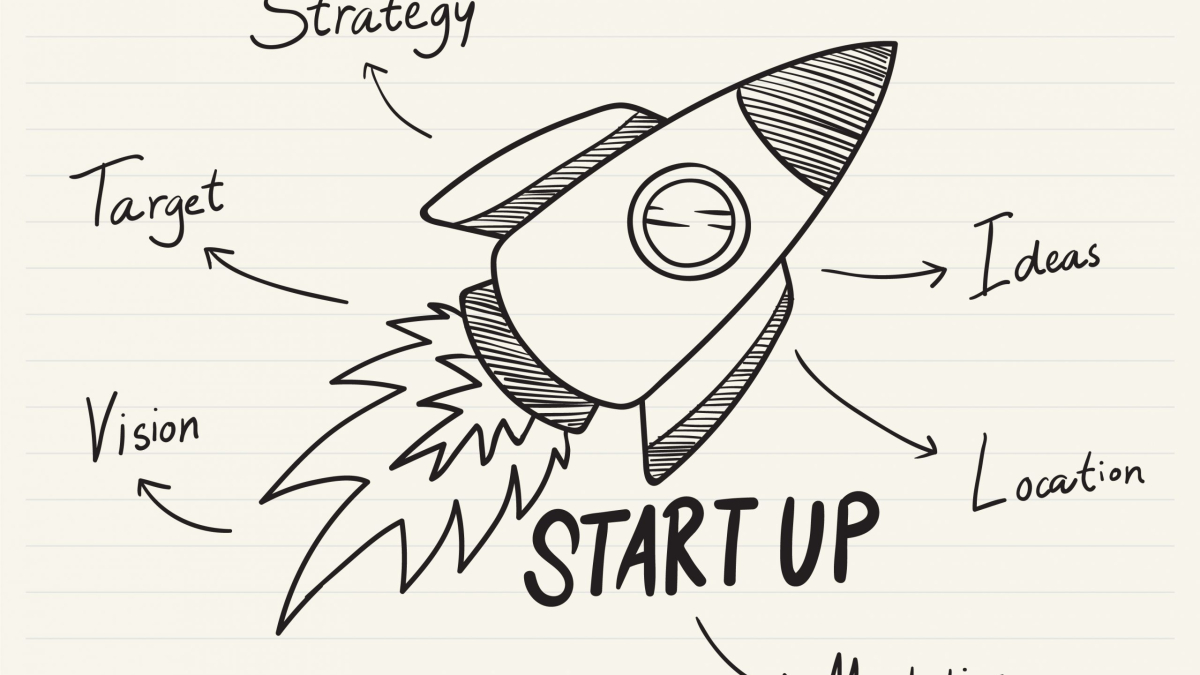5 Questions To Ask Yourself Before Starting A Business
“Hey! I’m starting a business” sounds nice and pleasing to the ears.
However, it entails a whole lot. Certain factors should be taken into consideration before making any significant move.
We collated 5 crucial questions you should ask yourself before embarking on any enterprise.
They include:
- What problem am I solving?
- How much money do I need to start?
- Who is my target audience?
- Who are my competitors?
- How can I promote my business?
What Problem Am I Solving?
Myles Monroe once said “If you want to become successful, seek to become a person of value.”
No truer words than these. The most successful people in business are the ones solving problems.
WhatsApp made communication easier. Indomie provided food that can be prepared in less than 15 minutes. POS(Point of sale) agents make money available, especially to people who might need it urgently.
These businesses offer value!
As long as people have problems, they will always seek possible solutions.
What can your business make better or offer solution to?
How Much Money Do I Need To Start?
Some businesses require little capital, whereas others require much.
To calculate an estimate of capital needed, you will take the following into consideration:
- The cost of equipment needed.
- The cost of workspace.
- The cost of registration.
- The cost of inventory.
- The cost of marketing.
- The cost of utilities.
- The cost of employee payroll.
What Is My Target Audience?
Your target audience is a specific group of people who would most likely be interested in your product or service. In simpler terms, they are people you target when advertising your goods.
Every business has a target audience. Defining yours is a very important step. Why?
Once you define your audience, it is easier to reach out to them. A brand that successfully connects with their customers is one that will succeed in the long run.
For example:
The target audience for the brand, ‘Indomie’ is children. From the promotion, to the product design, everything is tailored to appeal to children. It’s no wonder they connect easily with their audience.
The following is used to define a target audience:
- Age.
- Sex.
- Gender
- Marital or family status.
- Income.
- Interests.
- Location, etc.
Note to self; if you try to sell to everyone, you might end up selling to no one.
Define your audience!!!
Who Are My Competitors?
Competitors are businesses which offer similar value to your customers.
For example, Closeup and Colgate are competitors. Both products offer akin value; enhancement of oral hygiene.
Knowing who your competitors are, will help you create a brand that stands out.
The following is analyzed:
- What they are doing better.
- How much they are offering.
- How they market their products.
- New products or ideas they’re implementing.
- Does their product target the same audience as yours?
By identifying and monitoring competitors, you will be able to see their weaknesses and strengths in comparison to yours.
Conducting a competitor analysis gives you an edge. It tells you how to out-do your rivals.
However, it should be noted that competitor analysis shouldn’t be conducted before starting a business alone.
To stay relevant, a business owner should conduct this analysis on a quarterly basis.
How Can I Promote My Business?
You could be offering the best service, but if you don’t effectively promote it, you might not make as much impact.
There are many ways to promote a product, and it differs based on industry and target audience.
Here are ways you could promote your new business:
- Use a special introductory offer.
- Run a social media contest(example, a referral contest).
- Spread the word via Email.
- Host an event.
- Run Facebook and Instagram Ads.
- Post on social media.


[…] SEE ALSO: 5 Questions to ask before starting a Business […]